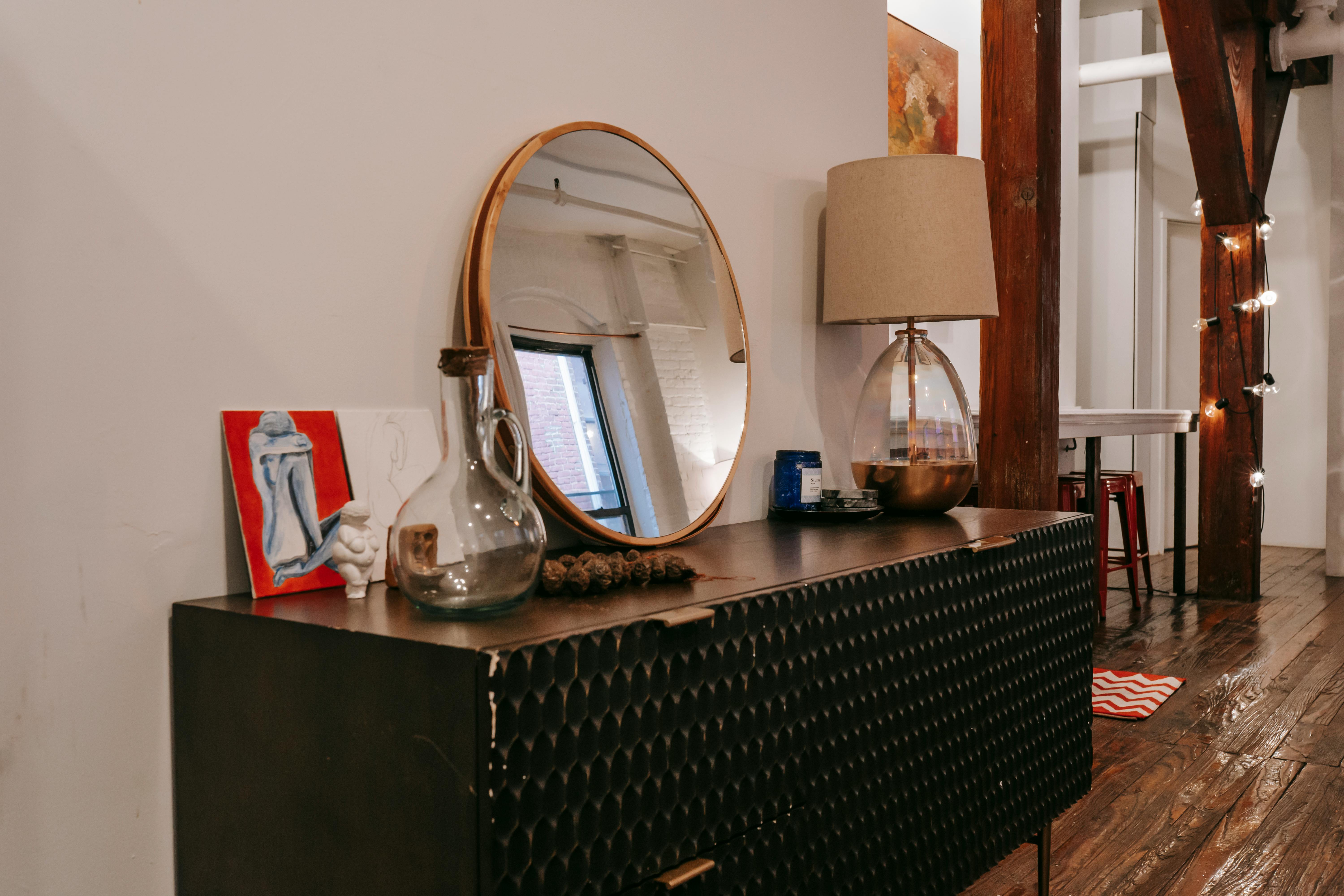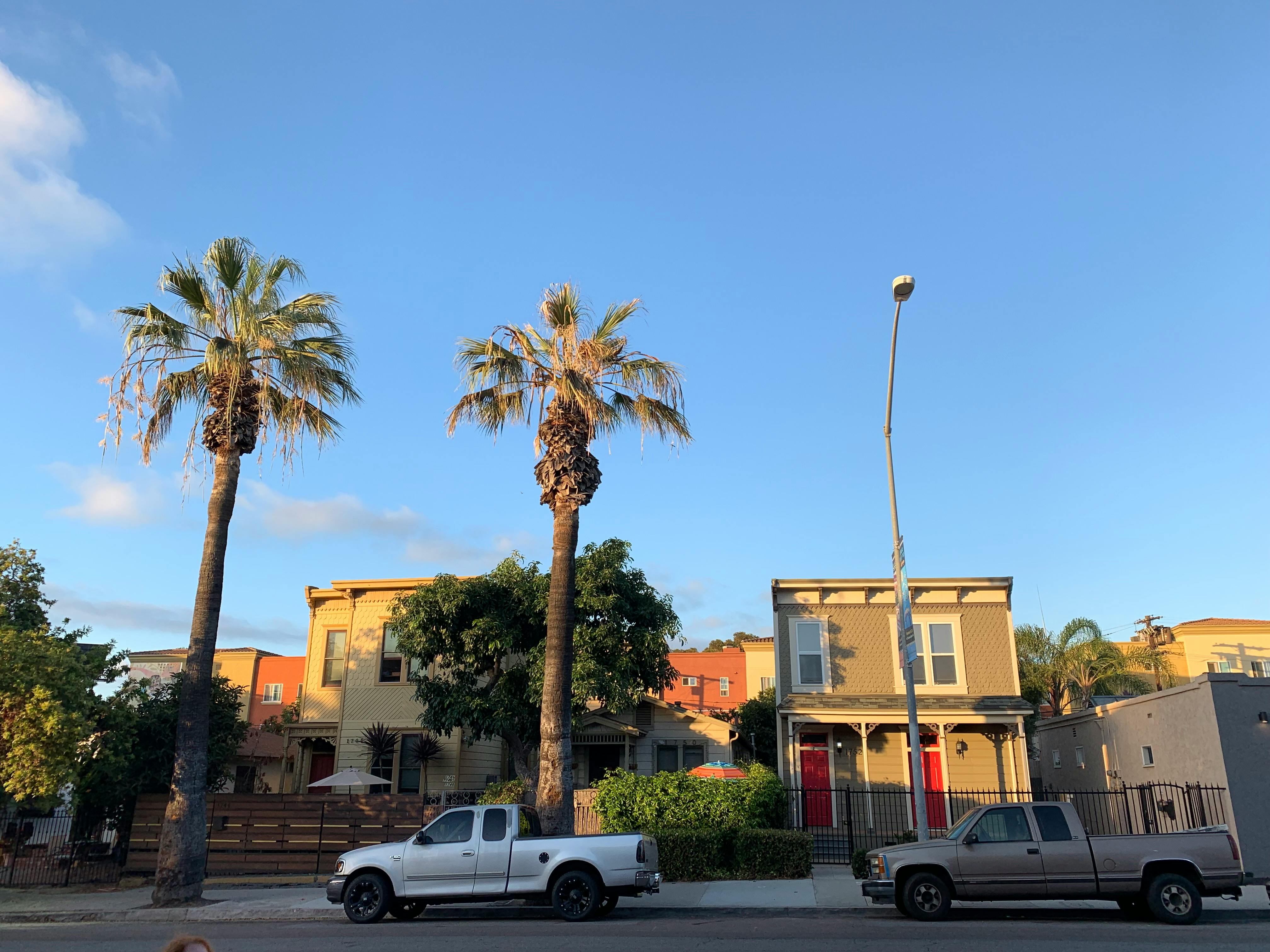An easy way to get a property is to use the leasing options. Offer the landlord a long-term lease and include a right to buy, more on this later. Options never really existed in the residential field until recently, although I did do two lease options in 1995 before I knew they had a name. Leasing options work for people who are desperate to sell but can’t sell: they are the product of necessity. They don’t work in a vibrant market unless you are going to buy the property at a higher value.
You’re looking for someone whose mortgage is higher than the value of their home, but without a lot of debt or bankruptcy. I think recoveries are not financially sound, some real estate investors never care about them, the time frame is too tight for some people.
When you talk to a potential provider, be prepared to be a counselor, listen to them, understand them, and help them with their problems. You need to be able to calculate what the property will cost to break it down into rental units. Its viable? Can I rent one or two rooms to finance the work on the rest of the rooms? Two bedrooms should generate an income of £120 a week for the couple.
There are a couple of ways you can find properties that are suitable for using the lease option strategy;
1. Keep an eye out for abandoned properties: find out who owns them, what is their story?
2. Find properties that have been for sale for a long time, find out how long the property has been on the market, and estimate how much of a mortgage the owner would have had to pay during that time.
doing the legwork
A good place to get properties is to check out Rightmove. Go see the properties, and always talk to the neighbors. Don’t talk to real estate and rental agents, they really aren’t worth your time.
Ask homeowners if they have a mortgage and how much is outstanding, what their monthly payments are. Can you afford to pay your mortgage for them?
As an example: suppose there is a property that has been for sale for 18 months, with a mortgage of £600. Always ask the seller for the first year free of mortgage payments. You could agree to pay 50% of the mortgage in that first year if they negotiate with you. By converting the property into multiple leases, it could bring you an annual income of £25,000.
Taking possession of property is a skill. Multiple rental is another skill. You need other skills too. You should always be able to do the math on a property. You have to know that what you are paying is not more than £x for it to work.
Rental income is generally 1/3 of the gross rent. I pay the landlord 2/3 of the market rent in Walsall. The more expensive the property (£100,000 and up), the better this formula works. I have a property valued at £750,000 with a mortgage of £500,000. The mortgage costs £2,000 a month. I am getting a 25% return on my investment.
When calculating costs, remember that any HMO, however large, will cost £60 per week per property to operate; this covers water fees, municipal taxes, electricity, television license, etc. A property must break even at 5 rooms, anything above that is your profit.
Do the numbers: As a rough guide, here’s what you can expect:
• Council tax: £1,000 a year (Walsall figures: areas with higher council taxes cost more)
• Central heating – £800 a year
• Electricity: mine is metered in the rooms, so zero for me
• Water fees: £3-400 pa (nb, metered supplies are a nightmare)
• Insurance: £140 a year
Start renting out some rooms right away for income to fund repairs/conversions etc. Don’t buy anything that needs a major renovation or has structural problems.
Always ask yourself; Will it work for me? If I were a tenant, what would I take?
The important question to answer before getting involved is ‘Does it make a profit? Is there enough room to make a profit?‘
If I give the seller 2/3 of the market rent that they could have gotten by marketing the property themselves, they will have no gaps, no bad debts, no repairs, no maintenance, no insurance, so that’s a good deal for them.
Making the offer:
When you contact the landlord, ask “Would you like a guaranteed long-term rental? I will maintain and repair the property. There will be no gaps. Would you like that?”
If the property is for sale, find out how long it has been for sale. If it’s 18 months, then it will cost them 18 months of rental income and mortgage costs. Suggest to the landlord that “If he had been paying rent for the last 18 months, he wouldn’t have lost £9,000” (or whatever calculation) and see his reaction. This tactic doesn’t work all the time, I started with a 1 in 20 win, which I’ve improved to a 1 in 3 success rate with experience.
Tell the landlord that you are offering to rent the property for up to 120 months (to them, that will usually sound like 3 or 4 years), with the right to buy after that time and sublease. Don’t say it’s 10 years, that tends to put people off.
Hook them on a long-term rental, includes the right to buy, the landlord sets the price, or at least says I’d like x £. You have told them “I would love to buy the property, but in today’s real estate market, even though I would like to buy at that price, I don’t
I just can’t. Then tell them you’d like to rent long-term. Keep it simple, don’t confuse landlords by using the term ‘lease options’.
Explain that in 5 years (or when the lease option expires) the landlord will have paid all of the mortgage payments (in the form of rent from you), and that you will pay them to buy the house, or repossess the property , whichever option you both agree on.
When you talk to a potential provider, be prepared to be a counselor, listen to them, understand them, and help them with their problems. You need to be able to calculate what the property will cost to break it down into rental units. Its viable? Can I rent one or two rooms to finance the work on the rest of the rooms? Two bedrooms should generate an income of £120 per week for the couple.
Its objective is multiple rental, dividing the rooms to make the house a multiple rental. This may put people off, but remind them that any property would need a renovation in 10 years’ time anyway, so any damage or “improvements” made by their tenants is irrelevant to the owner.




